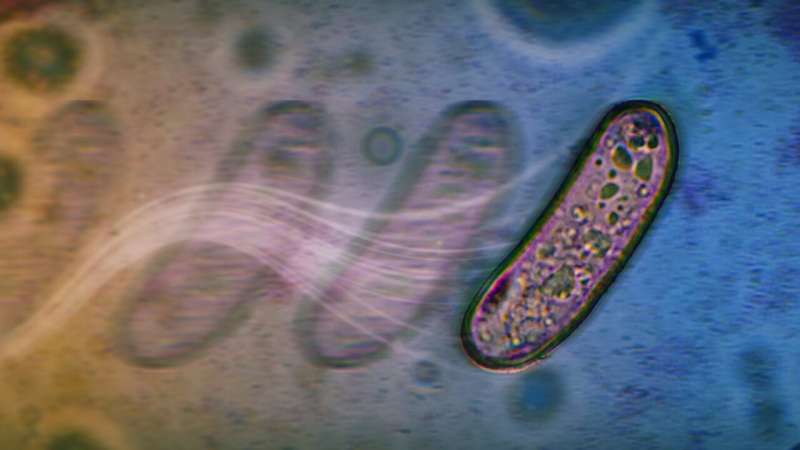New Drug Shows Promise Against Nasopharyngeal Carcinoma

Nasopharyngeal carcinoma (NPC) has emerged as a significant health concern, particularly in East and Southeast Asia, where over 70% of new cases occur. In southern China, the incidence rate stands at approximately 20-30 cases per 100,000. Traditional treatments for NPC, which include radiotherapy and chemotherapy, often come with severe side effects, leading to treatment challenges. Recent research has focused on the efficacy of a novel small-molecule pan-HER inhibitor, HM781-36B, either alone or in combination with the chemotherapy drug cisplatin.
Research Insights into Targeted Therapy
The study, led by researcher Xiawei Wei from the West China Hospital of Sichuan University, aimed to clarify the potential of HM781-36B in treating NPC. Published in the journal Frontiers of Medicine, the research involved analyses of tissue samples from 132 NPC patients. The team found that approximately 77.3% of the samples showed high expression of EGFR/HER1, while 66.7% exhibited high levels of HER2. High expression of these proteins correlated significantly with poorer survival outcomes.
Survival analysis revealed that elevated levels of EGFR/HER1, HER2, and HER3 were linked to shorter progression-free survival (PFS) and overall survival (OS). High expression of HER4 was associated solely with reduced OS. Importantly, all five NPC cell lines tested positive for HER1 and HER2, indicating that these proteins may represent viable therapeutic targets.
Mechanism of Action and Efficacy
In laboratory experiments, HM781-36B demonstrated the ability to inhibit NPC cell proliferation in a dose- and time-dependent manner, with a half-maximal inhibitory concentration (IC50) ranging from 1.2 to 5.0 μmol/L after 48 hours. Notably, HM781-36B displayed stronger inhibitory activity against C666-1 cells compared to other HER inhibitors like afatinib, with an IC50 of 0.86 μmol/L. The drug also induced apoptosis and halted the cell cycle at the G1 phase, downregulating anti-apoptotic proteins such as Bcl-2 and Mcl-1.
In preclinical models using nude mice, HM781-36B administered at a dose of 1 mg/kg as a monotherapy significantly inhibited tumor growth without observable toxicity. The study also uncovered that cisplatin might activate the EGFR signaling pathway, while HM781-36B could counter this effect by inhibiting the phosphorylation of HER family proteins.
Combination therapy with cisplatin led to enhanced antitumor effects. In vitro experiments indicated that the two drugs worked synergistically to inhibit cell proliferation and promote apoptosis. Tumor volume and weight measurements in the combination therapy group were significantly lower than those in the monotherapy group, underscoring the potential of this combined approach.
Mechanistically, the combination treatment inhibited the activation of downstream signaling pathways, including AKT, ERK, and STAT3. Additionally, it modified the tumor microenvironment by reducing the presence of M2 tumor-associated macrophages, enhancing dendritic cell infiltration, and lowering levels of myeloid-derived suppressor cells.
This research highlights the prognostic significance of HER family proteins in NPC and confirms that HM781-36B, both alone and in conjunction with cisplatin, exerts multifaceted antitumor effects. By directly inhibiting tumor proliferation and altering the tumor microenvironment, this combination therapy offers new avenues for targeted treatment options, particularly for patients exhibiting high HER expression or those resistant to conventional chemotherapy.






